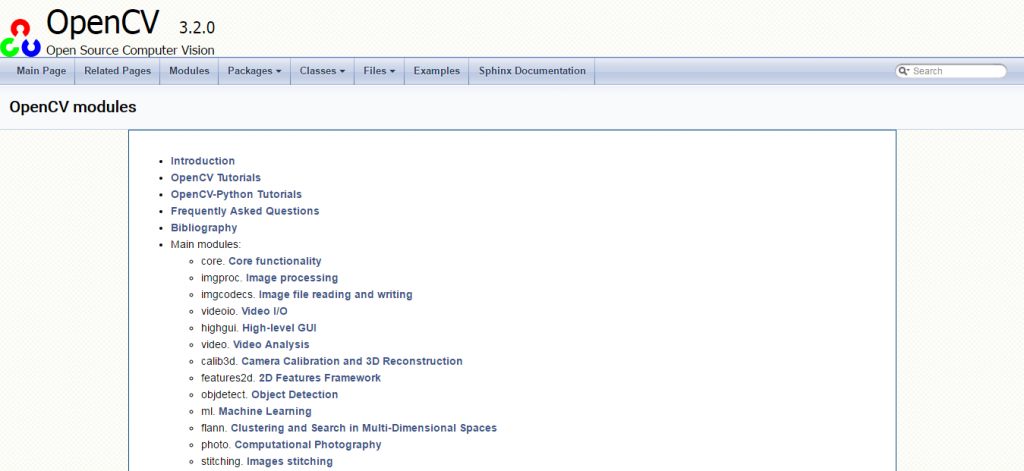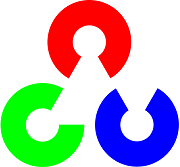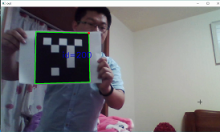大家可以加我的微信公众号(nui-develop)回复“opencv html”将会免费得到最新的opencv的html文档~
或者用积分在csnd下载 http://download.csdn.net/detail/guoming0000/9771687

Why did the OpenCV team decide to change its documentation tool from sphinx to doxygen? I like the sphinx generated documentation and thought OpenCV 2 had both nice online and printed documentation that was relatively easy to author. I have searched but have not seen a discussion of why change to doxygen.
I asked this same question on StackOverflow, but it was closed as being off-topic. I am hoping to get some insight from this forum.
Thanks!
Main advandages:
- with doxygen it is easier to maintain documentation and to support contrib modules
- reference is always consistent with the code (for example, it can not contain function which have been deleted)
- generator has some built-in correctness checks (for example, if some function have several documented parameters and several undocumented, then generator will produce a warning)
Main disadvantages:
- no pdf documentation yet (doxygen supports this output, but it needs some tuning)
- no java/python documentation yet (doxygen can produce xml, but some cooperation with javadoc/pydoc/epydoc is needed)
- basic search is limited to entity identifiers only, i.e class/method/namespace/tutorial names (Google custom search can be used for full-text search)
Additional advantages:
- doxygen can produce help in some additional formats: rtf, chm (Compiled HTML), qch (Qt help), Eclipse help, XCode DocSets. However, all these methods should be additionally configured and tuned
- basic search works without web server (one can build and use html reference on local machine)
- formula rendering uses MathJax client-side technology
- html documentation can be built really fast comparing to sphinx (1 min vs. 31 min)
 李逍遥说说
李逍遥说说


![[转]CVPR 2015 OpenCV 3.0 tutorial!-李逍遥说说](http://brightguo.com/wp-content/uploads/2015/06/OpenCV-Tutorial-CVPR-2015-0-195x150.png)


![[OpenCV配置]OpenCV2.X在Win7 Win8 VS2010 VS2012下的配置(附文档+视频 吐血之作)-李逍遥说说](http://img.blog.csdn.net/20130518115610662)


